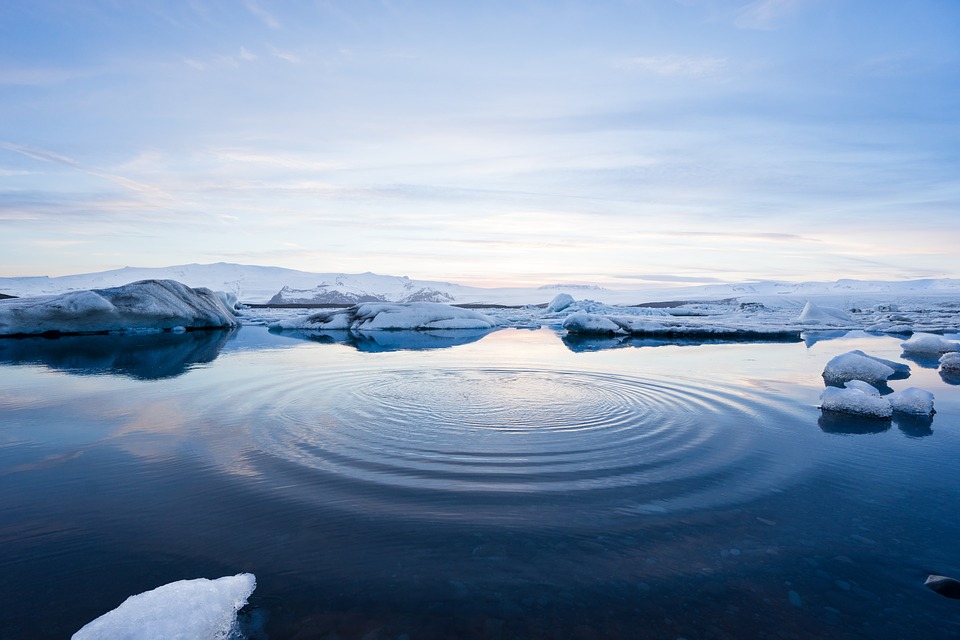A team of researchers from the University of Cambridge is proposing a new plan to reverse the effects of climate change. As a desperate bid to save Earth, the team wants to refreeze the Arctic.
The team, spearheaded by Dr. Emily Shuckburgh, aims to establish the Center for Climate Repair as part of Cambridge’s Carbon Neutral Futures Initiative. At the moment, the project is being coordinated by the United Kingdom’s former chief scientific adviser Sir David King.
According to King, time is no longer on humanity’s side. He said:
“What we continue to do, what we do that is new, and what we plan to do over the next 10 to 12 years will determine the future of humanity for the next 10,000.”
In recent years, experts have been looking into different techniques to drive climate change in a more positive direction. Many are now considering geoengineering as a solution but studying it has been hampered by the high cost of research and its potentially harmful effects to life here on Earth.
Refreeze the Arctic
King believes that the move to refreeze the Arctic could be our last chance to fight back climate change. He added:
“We have been far too slow to act, so this is a bit of a last-ditch attempt. However, it has a very good chance of success, provided we get enough agreement around the world and enough effort behind it. I’m reasonably optimistic that will happen.
What we have to do is speed up the rate of the transition away from fossil fuels, then learn how to remove greenhouse gases from the atmosphere much more quickly and then repair the climate — that’s refreezing the Arctic and possibly the Antarctic.”
King and his colleagues’ proposal involve spraying salt water on the atmosphere above the Arctic region. This geoengineering method aims to whiten clouds which, in theory, would reflect more heat back into space. Dr. Shuckburgh explained:
“When considering how to tackle a problem as complex and urgent as climate change, we need to look at the widest range of ideas and to investigate radical innovations such as those proposed by Sir David.
In assessing such ideas we need to explore all aspects, including the technological advances required, the potential unintended consequences and side-effects, the costs, the rules and regulations that would be needed, as well as the public acceptability.”



















Comments (0)
Most Recent